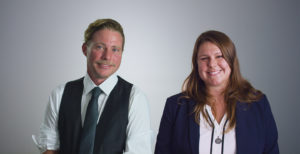Project Overview
Harnessing the trillion-dollar infrastructure of U.S. wastewater treatment plants, One Water One Health utilizes a technology called wastewater-based epidemiology (WBE) to pinpoint harmful chemicals in communities across America and halt their environmental and human impacts. The team envisions a nationwide wastewater monitoring network that would provide near real-time information on the use of toxic chemicals. By sampling community wastewater, the method adapts existing infrastructure to quickly build an early detection system for environmental stressors. These “pollution observatories” would allow the team to study the behavior of pollutants, identify problematic persisting chemicals, and formulate appropriate interventions. One Water One Health’s tools are particularly useful for underserved communities that suffer from environmental injustice. Depending on the number of treatment plants in a given city, for example, toxic inventories and exposures can be obtained on a neighborhood scale at very low cost—a type of analysis that’s economically impractical using traditional methods. Through their approach, the team has already discovered that two antimicrobial chemicals were overlooked environmental pollutants. (Both substances have since been banned from the U.S. market.) By alerting residents to risky chemicals in their communities in near real-time, One Water One Health can avert catastrophic health crises while equipping citizens with new tools to advance environmental equity.
Five Questions
Learn more about this project
Meet our other 2019 awardees
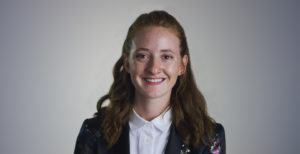
Our Climate Voices
Minnesota
Through powerful first-person stories, Our Climate Voices humanizes the climate disaster and spurs concrete action to combat climate harm.
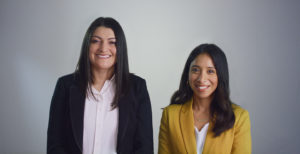
Viridiana Carrizales &Vanessa Luna
Texas and New York
ImmSchools seeks to transform America’s schools into safe and welcoming places for undocumented students and their families.

California
The Hood Incubator leverages the legal cannabis industry to advance racial equity and build economic power for Black communities.

South Dakota
South Dakota Voices for Peace fights bigotry and hate against Muslims, immigrants, and refugees in rural places.

Black and Pink’s REAP Reentry Program
Nebraska
The REAP program provides reentry support for system-impacted LGBTQ+ people, rebuilding their power and centering their capabilities on the path forward.
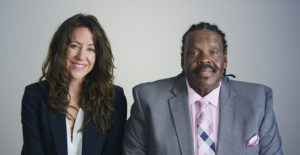
Louisiana
The First 72+ helps stop recidivism through hand-in-hand housing, small-business incubation, and other services grounded in healing and hope.
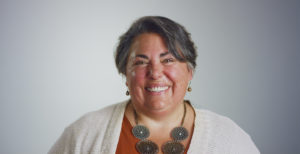
Pennsylvania
VIISTA seeks to revolutionize immigration law by creating a nationwide pipeline of legal advocates to advance immigrant justice.
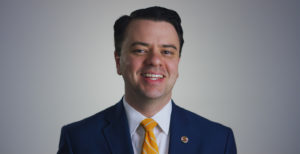
The Campaign for Historic Trades
Maryland
An apprenticeship program for preservation tradespeople helps fill urgently needed jobs while building equity in the heritage movement.

 Learn More
Learn More